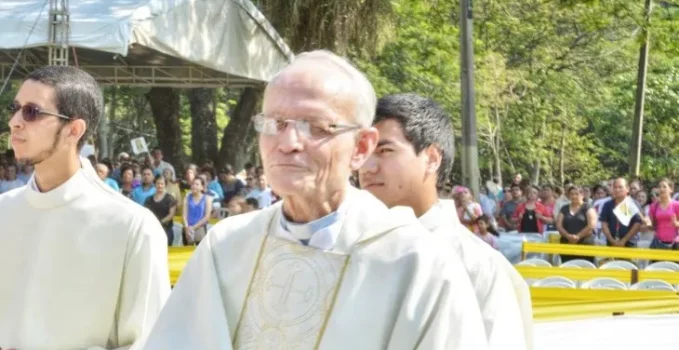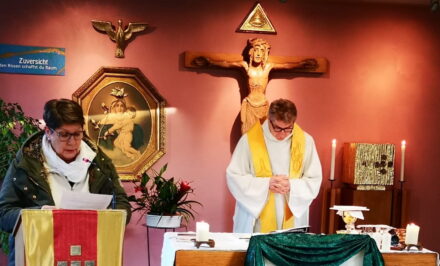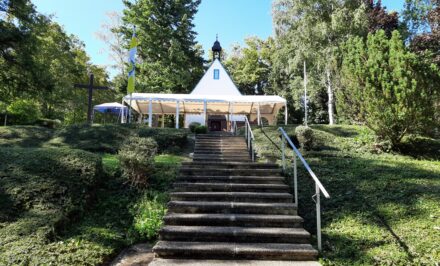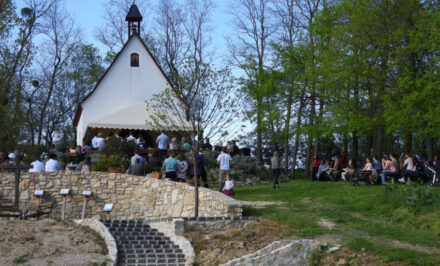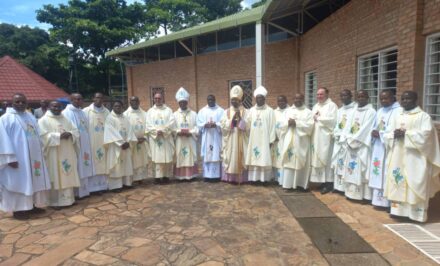Fr. Juan Pablo Catoggio – Superior General of the Schoenstatt Fathers •
I met Fr. Antonio while he was still a deacon in the parish of La Merced in La Plata; I was in my last year of high school and I had not known Schoenstatt for very long. Very soon he invited me to my first Boys’ Youth camp – in Rio de los Sauces, January 1972, where he asked me to prepare a talk. The topic: what is a Schoenstatt leader. He helped me prepare the talk and gave me the third founding document, where Father Kentenich talks about this. —
Making others grow
I remember it very well. That anecdote reflects for me many traits of Father Anthony. He was a master of “exalting listening”, as Father Kentenich calls it. Kentenich calls it. Conversing with him made you feel important, recognized, taken seriously, “exalted”. Always positive, incorrigibly optimistic, all “fantastic”, as he used to say so often. We used to joke when he presented the statistics of the movement and talked about the “vigorous numbers”. But it was not a form of “captatio benevolentiae”, it was a sincere conviction. He believed in each one, in the good in each one, in how much each one could give. That is why he knew how to “promote” others, to make others grow. This is how he understood, taught, and exercised authority: to make others grow. That is why he was a genius at “delegating” tasks and making many grow through them. How often we tease him: the “delegate who delegates”, or “the thin delegate who delegates”. I need not add more, but I can say that I speak from my own experience. I owe much to Fr. Antonio. A slogan of our Father Region, years ago, expressed very well this trait of Father Antonio: “father of fathers”.

Schoenstatt was his passion, his life’s task
To this is united a great mission and founding consciousness. Schoenstatt was his passion, his life task. He had a clear vision and strategy. He knew what he wanted and how to achieve it consistently. He knew how to discover leaders, promote them, “empower” them, encourage their projects, and support them. Thus, he was a key instrument in the formation of leading communities, especially federations of families and mothers. But it also made great sense for a broad pastoral ministry. Everything that Father Esteban Uriburu did for the Rosary Campaign and the Pilgrim Mother would not have been possible if Father Antonio had not been behind him. The love for the Blessed Mother and the vision of a pastoral of the Shrine always encouraged him in his choices. Tuparenda was the realization of his dreams. In this broad vision he was daring and developed new initiatives, such as the pastoral of Hope or the Rosary of the men.
The Sacred Scripture
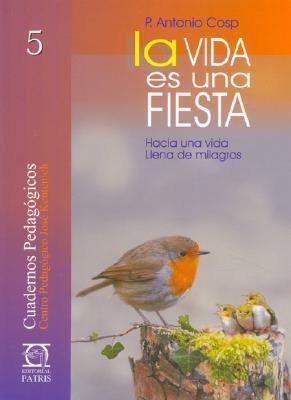 Finally, I would like to highlight a more intimate aspect of his interior life, as far as we are allowed to enter his mystery. Like a good Verbum Patris – his course ideal – Fr. Anthony enjoyed reading Sacred Scripture, especially the letters of St. Paul. He read Scripture, worked on exegetical commentaries, marked books, took notes. He did the same with the writings of the Founder, which he worked on in depth. I especially remember when he often passionately commented on the words of Jesus: “Father, Lord of heaven and earth, I thank you that you have hidden all these things from the wise and learned and revealed them to the simple” Mt 11:25f. I think he identified himself personally when he commented on St. Paul’s testimony: “It is Christ who lives in me” (Gal 2:20).
Finally, I would like to highlight a more intimate aspect of his interior life, as far as we are allowed to enter his mystery. Like a good Verbum Patris – his course ideal – Fr. Anthony enjoyed reading Sacred Scripture, especially the letters of St. Paul. He read Scripture, worked on exegetical commentaries, marked books, took notes. He did the same with the writings of the Founder, which he worked on in depth. I especially remember when he often passionately commented on the words of Jesus: “Father, Lord of heaven and earth, I thank you that you have hidden all these things from the wise and learned and revealed them to the simple” Mt 11:25f. I think he identified himself personally when he commented on St. Paul’s testimony: “It is Christ who lives in me” (Gal 2:20).
From heaven he will continue to fight for the same ideals and intercede for us. Today he will be able to proclaim in heaven what he announced so many times on earth: that truly “life is a feast”.
Source: www.schoenstatt.org.ar, with permission
Original: Spanish, 10.03.2022. Translation: Maria Fischer @schoenstatt.org


